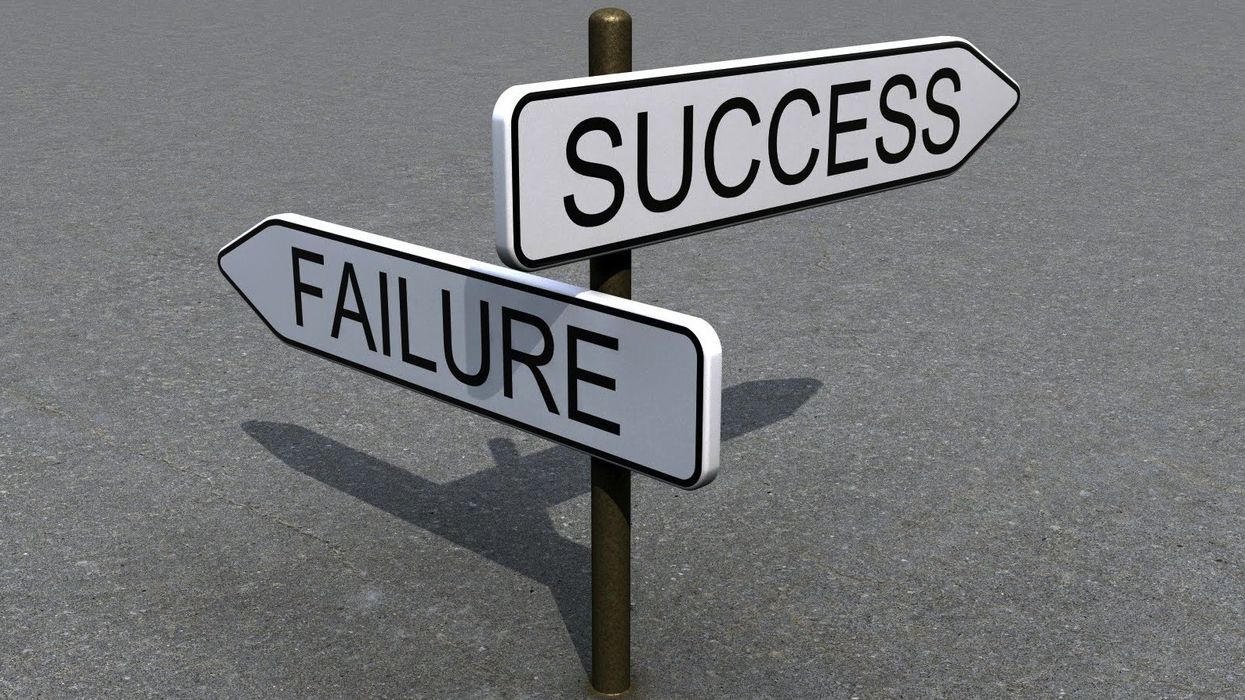'Do What You Love. You'll Be Better at It': Making Choices in Your Film Career

It's hard to follow your dreams. For every thousand kids that want to be an astronaut, there are only a very few who actually end up in outer space. This is true for any endeavor, especially indie film, where the ratio of effort to reward can seem daunting (i.e., it might take years of working away with no reward to finally get your film made, or your script sold.) It's all about making choices, and over at Chris Jones' film blog he has a great post on making choices related to your indie film career, as well as an excellent and inspiring video. Click below to learn how to make the choices that will lead to a fulfilling life and career.
Whether you're a painter, a writer, or a filmmaker, in order to turn your passion into a viable career you'll have to make some tough choices -- choices that are usually high-risk, but also high-reward.
In a previous post, I wrote about a great book called The War of Art, claiming that an artist is a professional, and that in order to be a professional, you have to treat your passion like a job, even if it's not paying your bills. In this video, Tom Kelley, a writer and entrepreneur, talks about meeting Francis Ford Coppola, who told him, "Do what you love. You'll be better at it."
Coppola explained to Kelley that he loves wine, so he has a winery, and loves food, and has a restaurant, and uses all these ventures to finance his movies. And he does what he loves, because when we do something we love, we tend to put more energy into it, and the results are better. This makes intuitive sense, but it's sometimes easy to overlook. Kelley says when thinking of our lives and careers, we should ask ourselves these questions:
- What am I good at?
- What am I born to do?
- What will people pay me to do?
- Who am I going to work with?
When you think of what you're good at, beware of the "curse of competence." You may be good at typing, but is that what you really want to do? And what are you born to do? Some people are great at math, but it's not what they're born to do (i.e. it gives them no pleasure.) These questions help put us in the right mindset for making good choices.
As Chris Jones says:
You know most of the time we pass through life, allowing circumstance or others to make choices for us. In many ways it’s inevitable, it’s simply too hard to swim against the current all the time, and those who do, usually burn out. The trick is making the distinction between what is, and what is not, important to you. And then make an active choice, even if you have to swim against the current to do it.
What do you think? What sacrifices have you made to make your dream come true? Do you agree with Chris Kelley's thesis? Do you have any strategies to share that have worked for you? Let us know in the comments!
Link: How To Make Tough Film Career Choices -- Chris Jones' Blog

















